The Disability History Association (DHA) is an international non-profit organization that promotes the study of disabilities throughout history. This includes, but is not limited to, the history of individuals or groups with disabilities, perspectives on disability, representations/ constructions of disability, policy and practice history, teaching, theory, and Disability and related social and civil rights movements.
We define both history and disability widely. This organization is both inclusive and international, reflected in our diverse topics and approaches. Membership is open to scholars, institutions and organizations, and others working in all geographic regions and all time periods.
The DHA offers its members a community of active and interesting historians; access to our resources page, which includes a newsletter, conference information, sample syllabi, a new Zotero library, and helpful links; as well as an opportunity to help build an exciting field.
Board of Directors
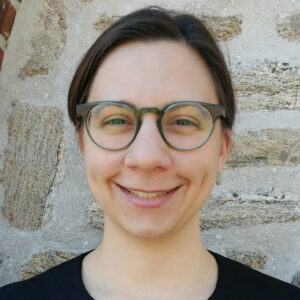
Nicole Belolan (Director of Governance) is the Public Historian at Rutgers University-Camden, where she serves as the Co-Editor of The Public Historian and the Digital Media Editor, both for the National Council on Public History (NCPH). She also directs the continuing education program in historic preservation at Rutgers’ Mid-Atlantic Regional Center for the Humanities (MARCH). She is a scholar of the history of disability and material culture (objects ranging from crutches and artificial limbs to adult cradles and easy chairs) in early America and is working on a book manuscript on that topic. She is the author of peer-reviewed and popular publications on disability history, including “The Material Culture of Gout in Early America,” in Elizabeth Guffey and Bess Williamson, eds., Making Disability Modern: Design Histories (New York: Bloomsbury, 2020), 19-42. Nicole earned her PhD from the History of American Civilization program and her MAs in American Material Culture and history, all at the University of Delaware. Nicole is also a collector of disability history artifacts from all time periods. She is advocates for making public history and academic settings more accessible and inclusive for disabled people. You can find her on Twitter.
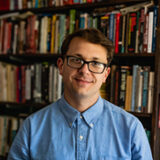
Jasper Conner (Director of Graduate Student Affairs) is a Pre-Doctoral Fellow at the Carter G. Woodson Institute for African American and African Studies at the University of Virginia and a Ph.D. Candidate in the Harrison Ruffin Tyler Department of History at William & Mary. Jasper works on the history of disabled African Americans in the modern U.S. South. Combining archival research with oral history, his work explores the lived experiences of Black disabled people at residential schools, at work, and in the community. His work is informed by the birth of his second child, who is Deaf. Disability Studies Quarterly published his article “Blind and Deaf Together: Cross-Disability Community at Virginia’s Residential School for Black Disabled Youth” in the Fall 2023 issue. Jasper published “Education of Deaf and Blind African Americans in Virginia, 1909-2008” as a part of the Social Welfare History Project with Virginia Commonwealth University Libraries in 2022. Jasper has presented research at the annual conferences for the Association for the Study of African American Life and History, the Labor and Working-Class History Association, the Southern Labor Studies Association, the Organization of American Historians, and the American Association for the History of Medicine. His research has been supported by the Archie K. Davis Fellowship, Kentucky Historical Society Research Fellowship, VCU Publishing Research Award, and the William P. Heidrich Research Fellowship. Jasper received his BA from Virginia Commonwealth University in African American Studies in 2016.
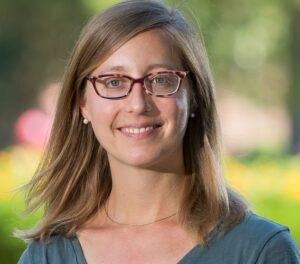
Laurel Daen (Treasurer) is an Assistant Professor of American Studies at the University of Notre Dame, where she is affiliated with the Program in Gender Studies and the John J. Reilly Center for Science, Technology, and Values. Her research and teaching focus on disability, sickness, medicine, and health in America, primarily during the 18th and 19th centuries. She is currently completing her first book, which examines the exclusion of disabled people from legal and political rights in early America. Laurel has published articles in the Journal of Social History, Journal of the Early Republic, Early American Literature, and History Compass. Prior to joining Notre Dame, she received her MA and PhD from William & Mary and held long-term NEH fellowships at the Massachusetts Historical Society and the Omohundro Institute of Early American History and Culture.
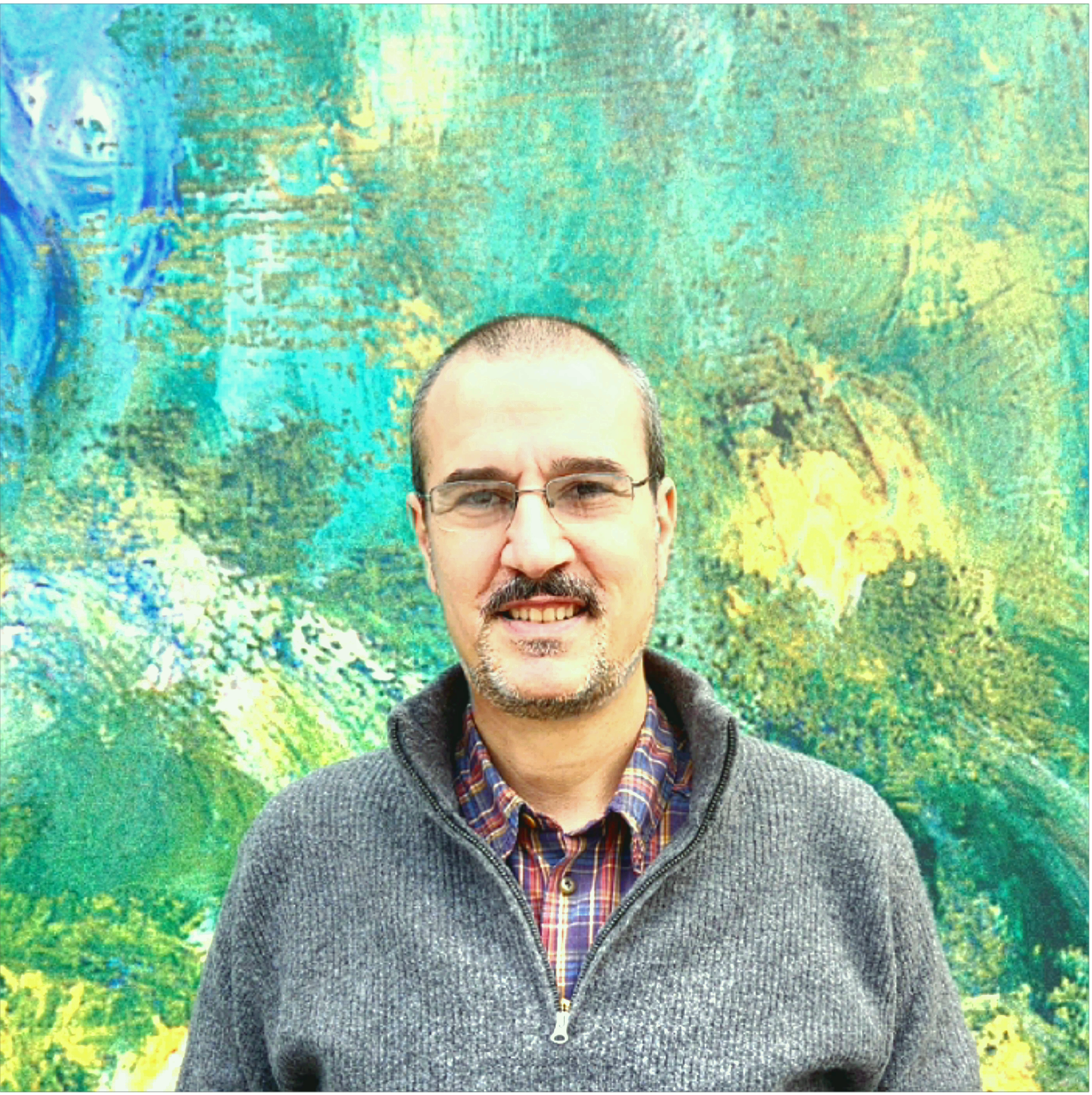
Marco Di Giulio (Director of Development) is an associate professor of Hebrew Language and Literature at Franklin & Marshall College, in Lancaster, PA. He has written on the rise of the hygiene movement in Mandate Palestine and the history of the Deaf community in Israel, in addition to the vernacularization of the Hebrew language in the 19th and 20th centuries. Currently, he is completing a book manuscript that takes up notions of capacity to understand how disability operated conceptually and practically in Israel. By tracing the activities undertaken by disabled Israelis to demand from the government access to welfare and labor, this research overturns the current consensus that disabled Israelis understood themselves as passive recipients of state intervention and philanthropy during the early decades of statehood, thus revealing broader societal attitudes towards vulnerability and empowerment that permeated Israeli society in its early days. Di Giulio received fellowships from the University of Oxford (UK) and University of Pennsylvania, and his work has appeared in journals such as The Jewish Quarterly Review, Modern Judaism, The Journal of Israeli History, Jewish Social Studies, History of Universities, Annali di Italianistica, Hebrew Studies, and other scholarly venues. He serves as co-chair of the Division on Disability Studies at the Association for Jewish Studies.
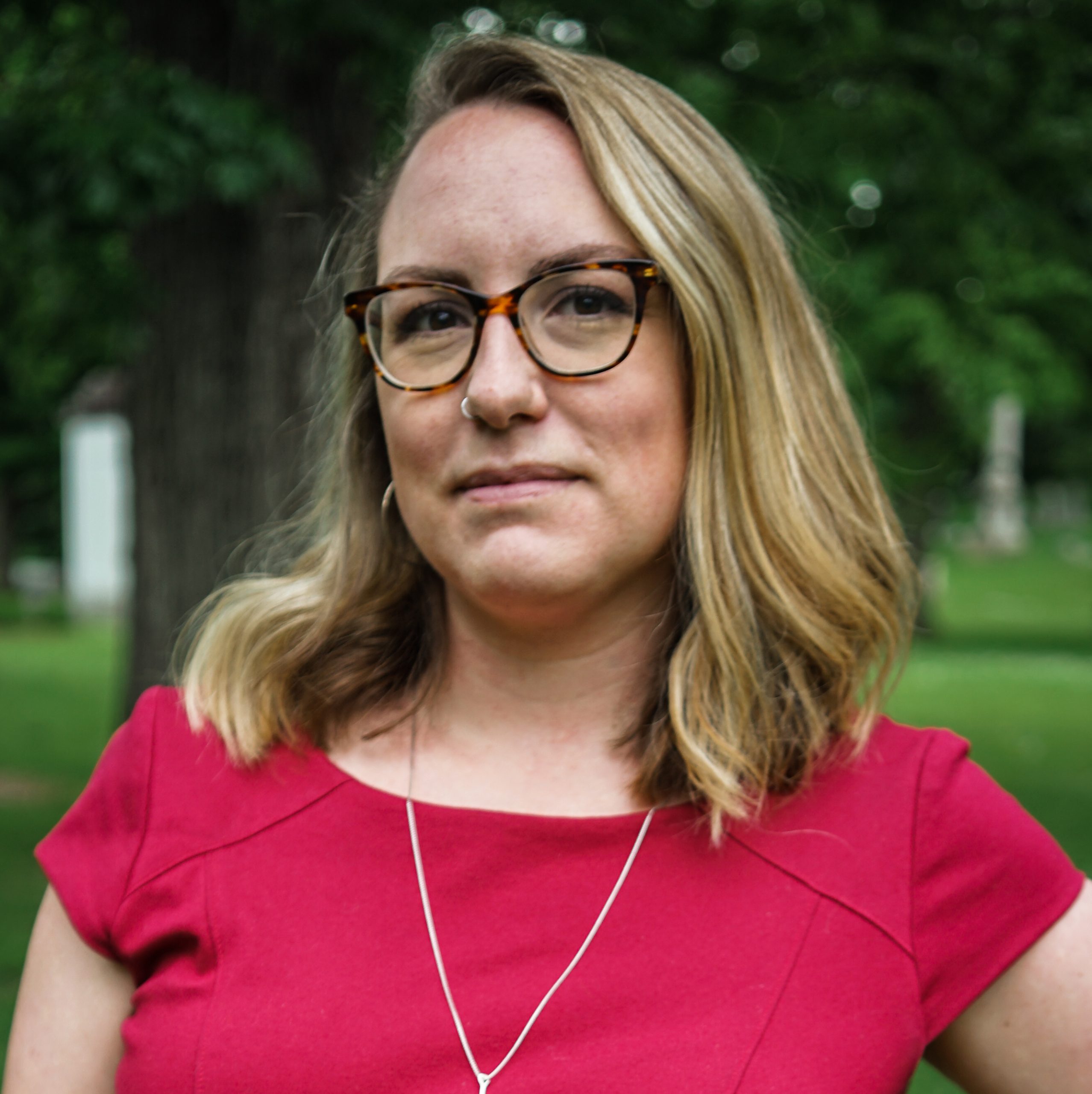
Sarah Handley-Cousins (Interim President/Director of Records) is an Assistant Teaching Professor at the University at Buffalo. Sarah is the author of Bodies in Blue: Disability in the Civil War North, published by the University of Georgia Press in 2019, which received the 2020 Disability History Association Outstanding Book Award. She is a co-author of Spiritualism’s Place: Reformers, Seekers, and Séances in Lily Dale, published by Cornell University Press in 2024. She is currently at work on a second monograph, A Singular Case: Race, Disability, and Murder in Rural New York State, and is co-editing the forthcoming Routledge History of Disability in America with Laurel Daen. Sarah is also committed to accessibly communicating critical histories to public audiences, and serves as Executive Editor of Nursing Clio and a producer of Dig: A History Podcast.

Jenifer L. Barclay (Director of Awards) is Associate Professor of History and Associate Director of the Center for Disability Studies at the University at Buffalo (SUNY). She is the author of The Mark of Slavery: Disability, Race, and Gender in Antebellum America (University of Illinois Press, 2021) and her work appears in publications such as Slavery & Abolition, Women, Gender, and Families of Color, and The Oxford Handbook of Disability History. She is working on her second monograph, Between Two Worlds: A Black Disability History of Southern Education from Emancipation to Integration and co-editing a forthcoming collection with Stefanie Hunt-Kennedy, Cripping the Archive: Disability, History, and Power (University of Illinois Press).
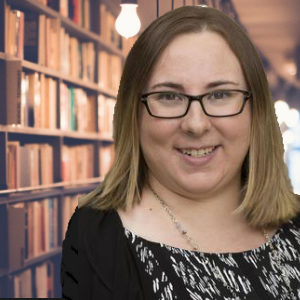
Katie Healey (Director of Media & Accessibility; she/her) is a Certified Professional in Accessibility Core Competencies with the International Association of Accessibility Professionals and holds a certificate from CSUN’s Assistive Technology Applications Certificate Program. She is Associate Director for Collaborative Initiatives in Faculty Development at UCLA, where she promotes more accessible and equitable instruction. She is a champion of Universal Design for Learning, an instructional framework that reduces educational barriers through flexible instruction and assessment. Katie earned her PhD from Yale University in the Program for the History of Science and Medicine in 2019. Her research examines the intersections of disability, deception, and technology during twentieth-century warfare. She was Visiting Assistant Professor in Science, Technology, and Society at Rochester Institute of Technology from 2019-2021, where she taught courses in environmental studies; science, technology, & gender; biomedical issues and epidemic disease; and social consequences of technology. She currently adjuncts for RIT and the University of Texas at Arlington. Katie is developing a website to crowdsource accessibility and anti-ableism resources for academics. Visit Accessible Higher Ed for more.

Stefanie Hunt-Kennedy (Director of Publications) is an Associate Professor of Caribbean, Atlantic World, and Disability History at the University of New Brunswick. Her scholarship brings together critical disability studies, feminist theory, animal studies, and critical race studies to examine the constitutive relationship between disability, slavery, and anti-black racism in the Caribbean. In addition to several book chapters and articles, Hunt-Kennedy is the author of Between Fitness and Death: Disability and Slavery in the Caribbean (University of Illinois, 2020), which received the 2021 Disability History Association Outstanding Book Award. She is currently collaborating with Dr. Jenifer Barclay on an edited collection entitled, Cripping the Archive: Disability, Power, and History. She is also the primary investigator of The Anglo-Atlantic Slave Law Project, a website that will provide worldwide access to the British Atlantic slave laws from the seventeenth to the nineteenth century. Stefanie’s disability advocacy lies at the intersections of addiction, disability, and the criminal justice system. She lives in New Brunswick with her partner and three young children.
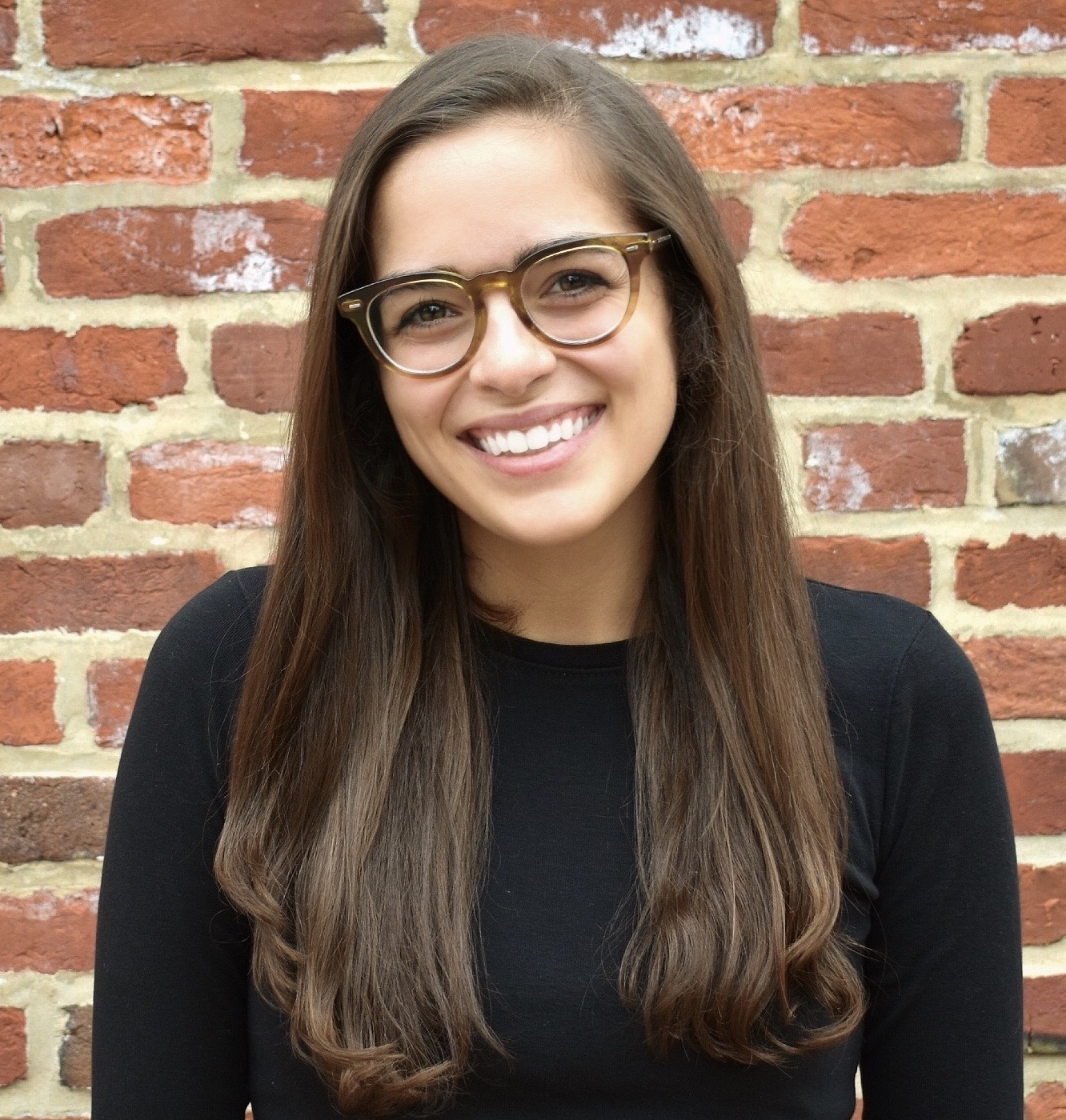
Kristen Nassif (Director of Programs) recently earned her Ph.D. in Art History from the University of Delaware. Her research focuses on nineteenth century American art, visual culture, material culture, and disability history. Her award-winning dissertation, “Unseeing Sight: Blindness in American Art and Material Culture,” explores how the loss or absence of sight fundamentally shaped experiences of making and understanding art objects between the 1870s and 1890s in the United States. Interdisciplinary in scope and content, her research uncovers the entwined histories of art and disability. Kristen has presented scholarly papers at numerous conferences, including College Art Association, Association of Historians of American Art, and SECAC. Her recent publications include a chapter in The Routledge Companion to Art and Disability, catalog essays for the Thyssen-Bornemisza’s exhibition “Hyperreal. The Art of Trompe l´Oeil,” and a forthcoming essay in a volume marking the Historical Society of Pennsylvania’s 200th anniversary. She is currently at work on a book project focused on the work of the Delaware-based landscape painter Mary Putman.
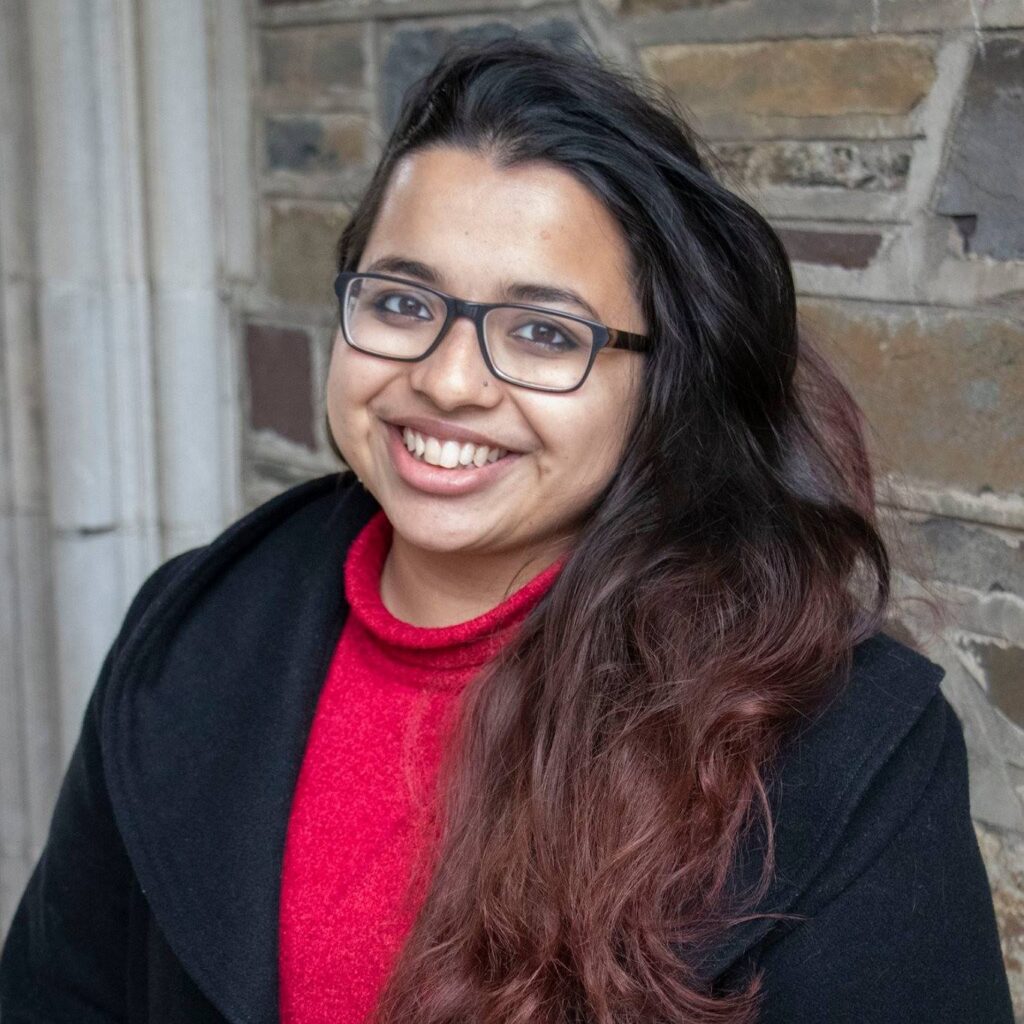
Jiya Pandya (Director of Membership) is a PhD candidate at Princeton University in the Department of History and Program in Gender and Sexuality Studies. Their interests include the history of South Asia, theories of the body, crip, feminist, and queer theory, and transnational networks of race, caste, and disability. Their dissertation project, on which they are currently working, focuses on the traffic of the concept of “disability” and its connection to “social disability” in social welfare spaces in postcolonial India. Jiya has upcoming publications in Disability Studies Quarterly, Lateral, History of Anthropology Review, and QED: A Journal in GLBTQ Worldmaking. They are also deeply committed to disability justice in academia and beyond, and have co-organized the Princeton Gender, Sexuality, and Disability Working Group, compiled the #CripCOVID19 Syllabus featured on the Visualizing the Virus digital humanities project, are a member of the Critical Design Lab’s Remote Access Archive project, and serve on the board of the Asian Americans with Disabilities Initiative.
DHA Podcast
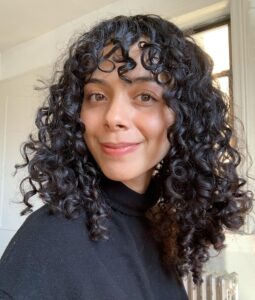
Kelsey Henry (Podcast Host) is an American Studies PhD Candidate at Yale University with an M.A. from Yale’s Program in the History of Science and Medicine. Her work plays at the nexus of critical black studies, histories of race in science and medicine, and disability history. Kelsey’s work follows the legacies of nineteenth-century scientific metrics of human development and racial difference, metrics forged in the crucible of racial slavery, in histories of twentieth-century developmental science and biomedicine. She historicizes the production of developmental technologies and norms that are often perceived as race-neutral, like pediatric growth charts and developmental screening tests, interrogating the racial premises and parameters of developmental knowledge production and its material effects on black life. Kelsey is involved in disability studies programming and disability justice initiatives at Yale and beyond, as a co-organizer of Yale’s Disability Studies Working Group, the Assistant Editor of Disability Studies Quarterly, and a resident podcaster for the Disability History Association.
Interns
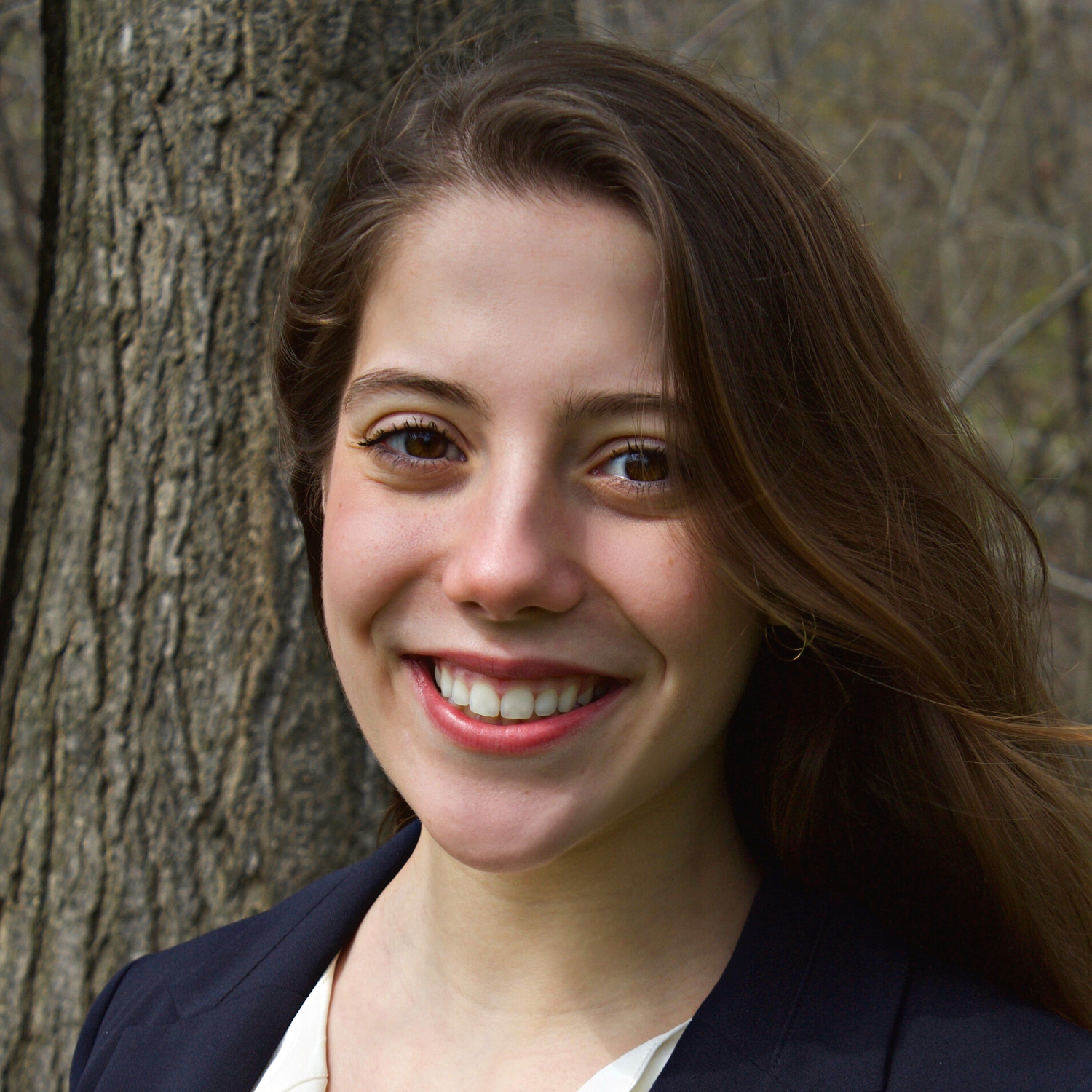
Samantha Burnett (Intern) is a second-year Public History Master’s student at American University. Her research, which focuses on public disability history, most recently culminated in the creation of The Rest of History podcast. She received her BA in History along with a minor in Biology from Loyola University Maryland. While attending Loyola, Sam wrote her undergraduate honors thesis “Living Amongst The Fairies: The Naturalized Changeling, Those That Exist ‘Betwixt-and-Between,’ And The British Victorian Folklore of Disability,” which explored British Victorian perceptions of disability and their intersection with fairy folklore and 19th-century ideas of race. Previously, Sam has interned at several institutions, including the American Historical Association and the United States Holocaust Memorial Museum. Her research interests include disability history as well as the history of medicine and science.
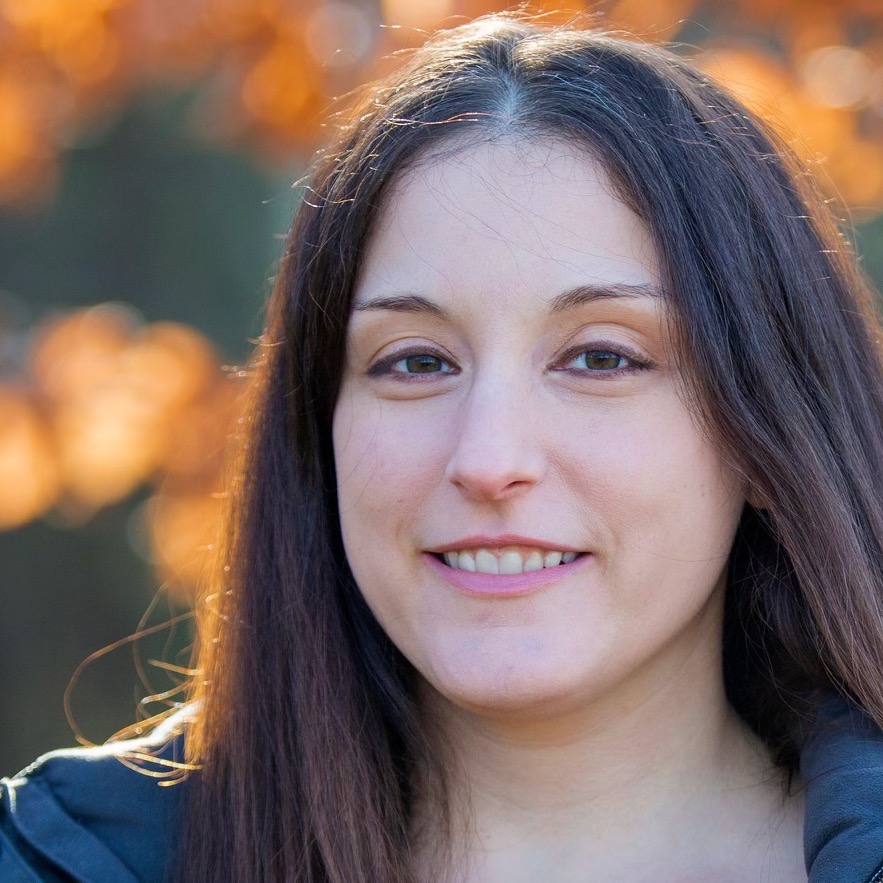
Jennifer W. Reiss (Intern) is a Ph.D. Candidate in History at the University of Pennsylvania, working on the North Atlantic in the long eighteenth century. She is particularly interested in women and gender, early modern medicine and disability, and British and early American legal history. Her dissertation project, provisionally titled Undone Bodies: Women and Disability in Early America, combines these themes by exploring the layered relationship between womanhood (with its attendant social and legal disabilities) and corporeal disability in eighteenth-century British North America and the early American republic. Undone Bodies is being supported by fellowships from, among others, the New England Regional Fellowship Consortium, the Massachusetts Historical Society, and the Library Company of Philadelphia. Previously a practicing attorney with interests in human rights and intellectual property law, Jennifer has received both a B.A. and M.A. in History from the University of Pennsylvania, a J.D. from Harvard Law School, and a LL.M. and a M.Phil. in American History, both from the University of Cambridge.
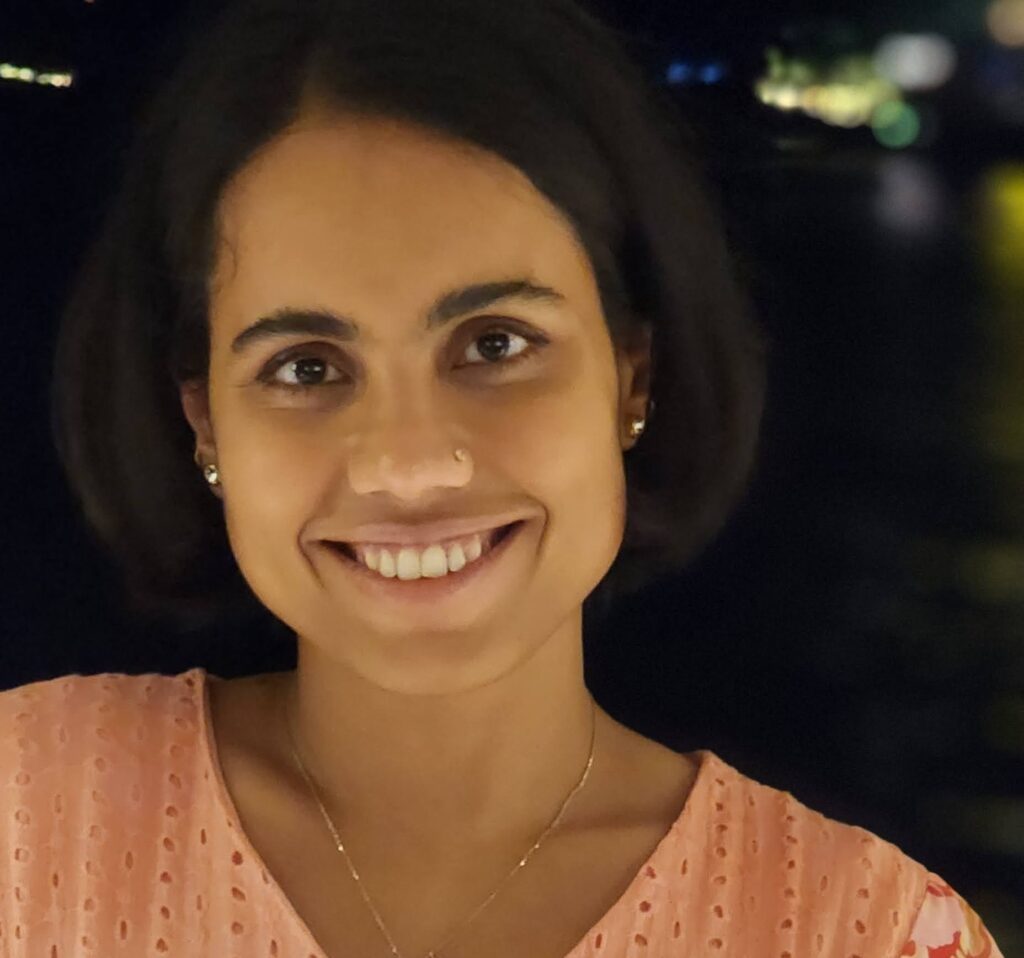
Tulika Singh (Intern) is a PhD candidate in the Department of History, Classics, and Religion at the University of Alberta. Her research interests include social, cultural, medical history, gender studies, and disability history, primarily centered on premodern South Asia. In her doctoral project, she explores the perceptions of ‘disability’ in early India, focusing on how the conceptualizations of normative, nonnormative, and disabled bodies collectively shape attitudes toward and experiences of people with disorders in early Indian societies and cultures. Her project draws from the frameworks of critical disability studies, crip, feminist, queer, and body theory to examine how the intersectionality of social identities based on sex/gender, caste, and age with the notions of ‘variable’ bodies and minds shapes normative and nonnormative perceptions of the body. In recognition of her ongoing work in disability studies, UAlberta awarded her the Field Law Leilani Muir Graduate Research Fellowship in 2022, and she is also the recipient of the Disability History Association Conference Award for the 2022-2023 session. Tulika’s dedication to disability justice extends within and beyond academia, including her active involvement in UAlberta’s Pedagogical Approaches to Access and Disability Justice Reading Group and service as a Community Disability Support Worker in Edmonton, Alberta.
Web Credits
Website Design and Information Architecture by: Celeste Sharpe and Jannelle Legg
Website Maintenance by Katie Healey and Jasper Conner